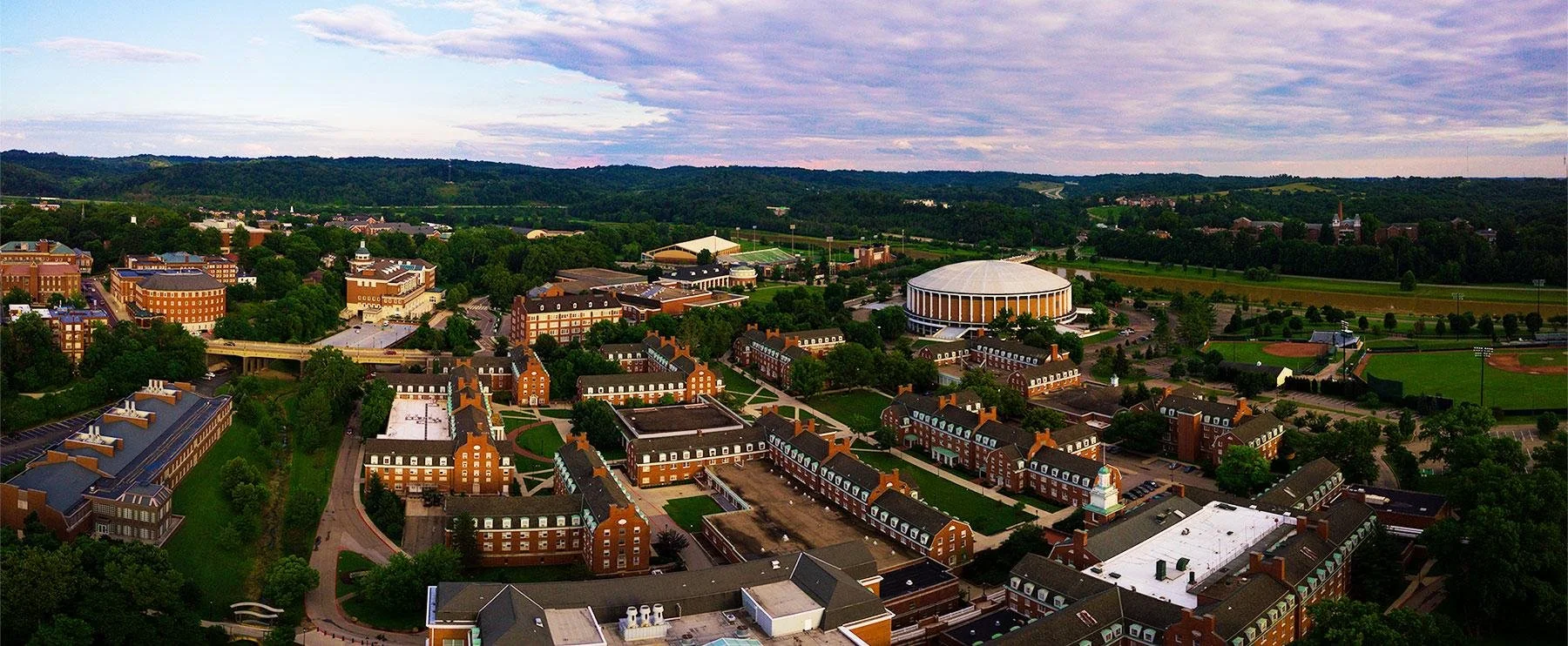OPINION: Let’s talk about RA pay
Photo courtesy of Ohio University
Zach Donaldson is a freshman studying political science and an opinion writer for The New Political.
Please note that these views and opinions do not reflect those of The New Political.
Editor’s Note: Currently Serving RA’s identities have been made anonymous to protect their employment within the university.
Becoming a resident assistant (RA) is one of the most popular employment options on campus. The promise of paid room and board, the all-cherished single and the resumé opportunities the position provides continue to draw applicants year after year. However, that image was seemingly shifted in early January as a group of RA’s protested for increased compensation and clearer university communication in the age of COVID-19.
Intrigued by the call for action, I sought out interviews with current and former employees to investigate some of the murkier elements of the job. Over the past few weeks, I have found a common theme: meager compensation, inadequate support from staff and the university and a lack of accountability for resident conflicts.
To start, the biweekly checks RAs receive fall below the current Ohio minimum wage of $9.30. According to payment statistics provided by a current RA, biweekly checks average $3.52 an hour for first-year RAs, $4.92 for second-year RAs, and $6.79 for senior resident assistants, which requires multiple years of RA experience. Additionally, RAs are contractually barred from working more than 10 hours a week at another place of employment on-campus and more than 5 hours a week off-campus. These limiting measures create an untenable situation for struggling college students, hamstring their opportunities for income and force them to work long hours for insufficient compensation.
Some may argue that the free-housing RAs receive more than sufficient payment, but as one RA explained, their rooms are not included as hazard pay and are necessary to perform their duties; it is hardly considered a sufficient wage.
Alongside these frustrations, resident assistants were tasked with a plethora of new responsibilities in the wake of COVID-19. Whether it was having to enforce mask policies or police students coming in and out of dorms, RAs were expected to accommodate an entirely new environment without additional incentives.
I spoke with former RA Senior Adam Hering about the conditions which precipitated his decision to leave at the start of spring semester 2021. According to Hering, several dorms across the university were merely half-staffed when RAs were expected to sign new contracts. These outlined all the additional responsibilities RAs would be forced to take on in the wake of COVID-19.
“We were understaffed, underpaid and told we needed to do a whole bunch of work. I didn’t sign that contract, and I didn’t agree with those conditions, so I ended up resigning,” Hering said of the debacle.
Such problems haven’t seemed to dissipate this academic year; several RAs highlight poor communication and poor support from university faculty as a catalyst for the January protest. These include several instances of improperly equipped grad students being assigned to manage ever-changing COVID-19 guidelines, which allowed maskless students to go unpunished.
Furthermore, one of the most central concerns every interviewee I spoke to voiced was the lack of accountability for problematic residents. Referencing the recent urination and destruction of property incident in James Hall, one RA stated, “the things that happened to the RA happens to RA’s all the time, it normally gets tossed under the rug because not enough attention is brought to it.”
Their stories include experiences with verbal harassment, vandalism, hate speech, slurs and physical altercations, including shoving between staff and residents. Most were triggered by simple masking policies and resulted in modest punishments or none at all.
Hering recalled a former confrontation during move-in week where a belligerent father cursed at him and refused to wear a mask. This incident ultimately went unpunished.
“It’s frustrating, we’re working hard on our end to make sure everyone is safe with COVID-19 and you have people who can come in and blatantly disrespect it.”
Referencing an attack on their identity, one RA confided in me that “I’ve had sh*t written on my door.”
What makes these incidents all the more troublesome is that RAs live where they work. They don’t get to “go home” at the end of the night. They are forced to face continued abuse when no corrective actions are taken against those who violate their living spaces.
The interviewees had several cogent recommendations to better compensate their efforts, including a payment model adjacent to those of other university employees and increased support from Housing and Residence through accountability and protecting staff’s safety. They also proposed a meal plan option to accommodate food costs.
While no such implementations are certain, RA’s deserve better; it is irrefutable. Resident assistants work a thankless job, and if they cannot solicit support from the residents they serve, they should at least receive it from the university that is meant to protect them.

